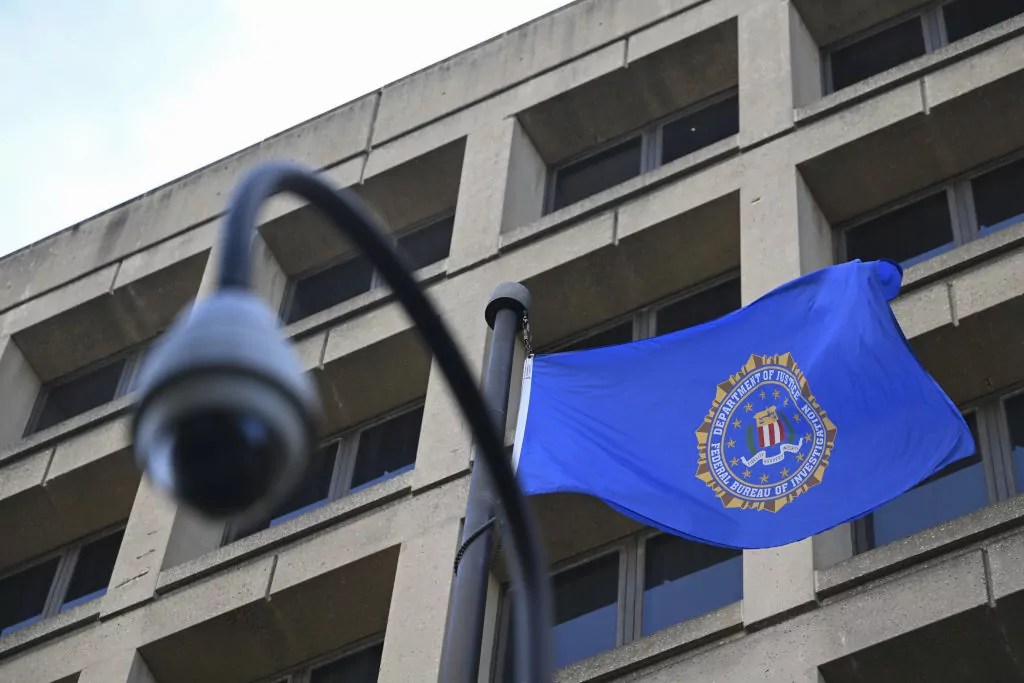California Democrats are trying to find a way around the Supreme Court’s ruling on affirmative action.
California Democrats Seek Exception to Affirmative Action Ban
California Democrats are making a bold move to challenge the state’s voter-approved constitutional ban on affirmative action. Legal experts warn that this could lead to endless litigation.
The proposed initiative, which is set for a final legislative hearing on Friday, aims to create a ballot measure for 2024. It would ask voters to approve a measure allowing certain public programs to consider race, color, ethnicity, “marginalized genders,” sex, or sexual orientation. This comes just four years after Californians rejected a similar initiative in 2020, despite liberal groups investing nearly $20 million to sway voters in its favor.
However, legal experts believe that even if the proposal survives the costly ballot initiative process, it is unlikely to hold up in court. The Supreme Court’s June ruling banning race-based admissions in colleges and universities could also curtail race-based policymaking. This raises concerns about the proposal’s compliance with the U.S. and California constitutions’ guarantee of equal protection under the law.
“The state would essentially be inviting litigation,” said Alison Somin, a legal fellow for the Pacific Legal Foundation.
The measure, introduced by Assemblyman Corey Jackson (D.) and co-authored by Mia Bonta (D.), the wife of the California attorney general, attempts to find a workaround to the state’s affirmative action ban, initially approved by voters in 1996. The bill’s analysis states that its purpose is to “mitigate the impacts” of the ban by allowing certain programs aimed at improving life expectancy, academic results, or reducing poverty in specific demographics. These programs would need to be “research-based,” “research-informed,” or “culturally specific,” with funding determined by the governor.
Jackson did not respond to a request for comment.
Devon Westhill, president and general counsel for the Center for Equal Opportunity, views these qualifiers as an attempt to meet the Supreme Court’s requirement for specific justifications in making race-based decisions. However, he doubts that the bill would pass the necessary scrutiny.
“California would face an almost insurmountable challenge,” Westhill said. “They would need to meet a very strict test.”
The latest legislative analysis of the bill supports this argument. Since the June Supreme Court ruling, the measure “is more likely to have a difficult time withstanding scrutiny if challenged in federal court,” according to a consultant for the state appropriations committee wrote this week.
" Conservative News Daily does not always share or support the views and opinions expressed here; they are just those of the writer."





Now loading...